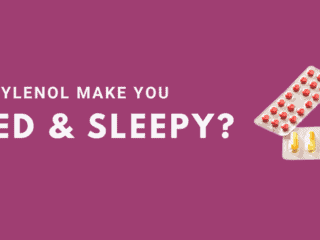The following information on hydrochlorothiazide comes from DailyMed, an FDA label information provider.
Adverse Reactions
The following adverse reactions have been reported and, within each category, are listed in order of decreasing severity.
Body as a Whole:
Weakness
Cardiovascular:
Hypotension including orthostatic hypotension (may be aggravated by alcohol, barbiturates, narcotics or antihypertensive drugs)
Digestive:
Pancreatitis, jaundice (intrahepatic cholestatic jaundice), diarrhea, vomiting, sialadenitis, cramping, constipation, gastric irritation, nausea, anorexia
Hematologic:
Aplastic anemia, agranulocytosis, leukopenia, hemolytic anemia, thrombocytopenia
Hypersensitivity:
Anaphylactic reactions, necrotizing angiitis (vasculitis and cutaneous vasculitis), respiratory distress including pneumonitis and pulmonary edema, photosensitivity, fever, urticaria, rash, purpura
Metabolic:
Electrolyte imbalance such as hypercalcemia, hypokalemia, hypomagnesemia, and hyponatremia (see PRECAUTIONS), hyperglycemia, glycosuria, hyperuricemia
Musculoskeletal:
Muscle spasm
Nervous System/Psychiatric:
Vertigo, paresthesias, dizziness, headache, restlessness
Renal:
Renal failure, renal dysfunction/insufficiency, interstitial nephritis (see WARNINGS)
Skin:
Erythema multiforme including Stevens-Johnson syndrome, exfoliative dermatitis including toxic epidermal necrolysis, alopecia
Special Senses:
Transient blurred vision, xanthopsia
Urogenital:
Impotence
Whenever adverse reactions are moderate or severe, thiazide dosage should be reduced or therapy withdrawn.
Disclaimer: this article does not constitute or replace medical advice. If you have an emergency or a serious medical question, please contact a medical professional or call 911 immediately. To see our full medical disclaimer, visit our Terms of Use page.




